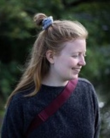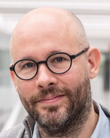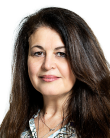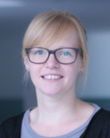How can we improve biodiversity without compromising food production? And how can we increase the recreational value of the countryside? These questions are what the BioLand Hub seeks to answer, to best support a legal and morally legitimate transformation towards a sustainable land use and improved biodiversity in the arable landscape.
What are we interested in?
The BioLand Hub is strongly interested in optimizing the usage of our agricultural spaces, striving to make them multifunctional, while still protecting and bettering biodiversity - taking the sparing and sharing continuum into account. With the help of an array of diverse researchers, spanning from Agroecology all the way to Political Science, we believe interdisciplinarity and dialogue will help us on our journey towards a greener, more biodiverse future.
What are the main challenges?
- Defining ‘improved biodiversity’ and ‘sustainable land use’ in the arable landscape
- Assessing biodiversity across species groups responding differently to changes, e.g. mitigation measures
- Relating sustainable resource utilization to biodiversity and ecosystem services
Key characteristics of the Hub
The international community, EU, and national governments have set ambitious goals to meet the current challenges in relation to climate, biodiversity, environment, energy, and food production by 2050. Yet all countries struggle to meet the demands. In countries like Denmark, where agriculture occupies more than half of the country, agricultural development is an important part of the solutions, not only for food production. To exploit the limited space available every area must sustain several demands simultaneously. The ongoing discussions of land sparing versus land sharing have shown that the solutions need to cover the continuum from sparing to sharing. Furthermore, solutions need to embed a balanced rural development and citizen involvement to halt the countryside depopulation.
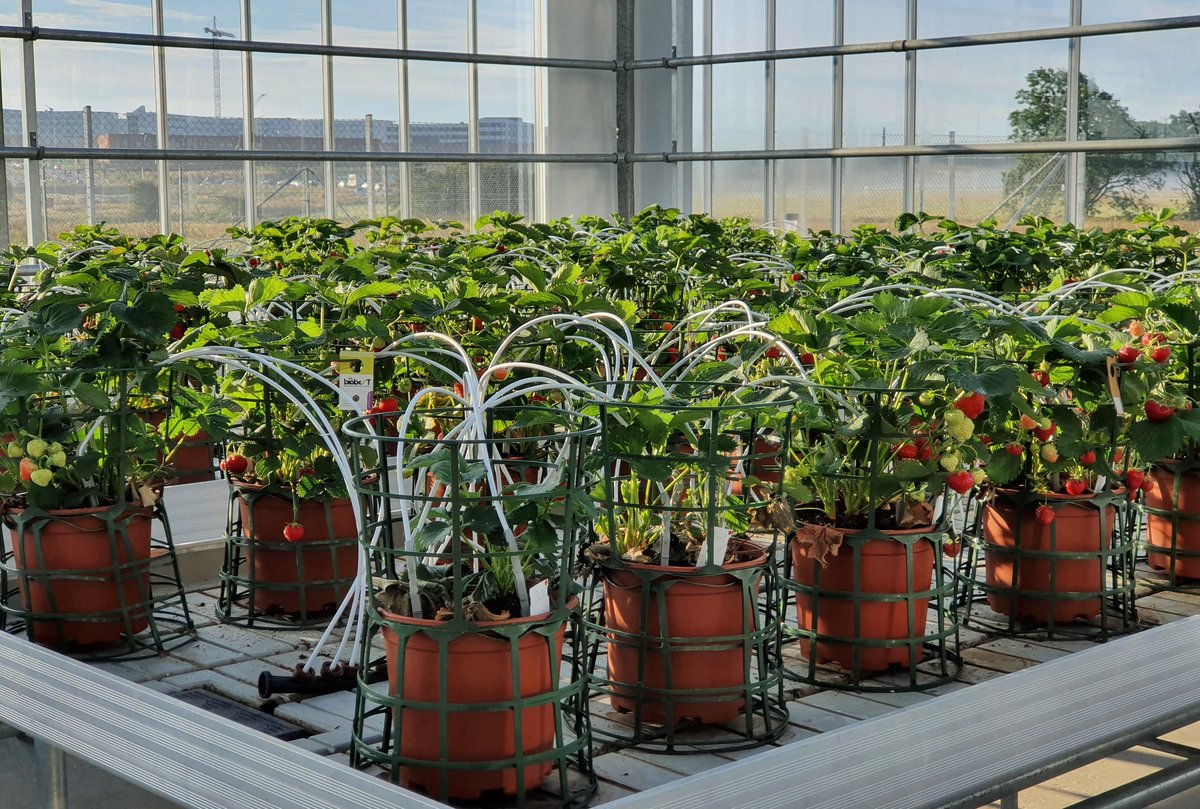
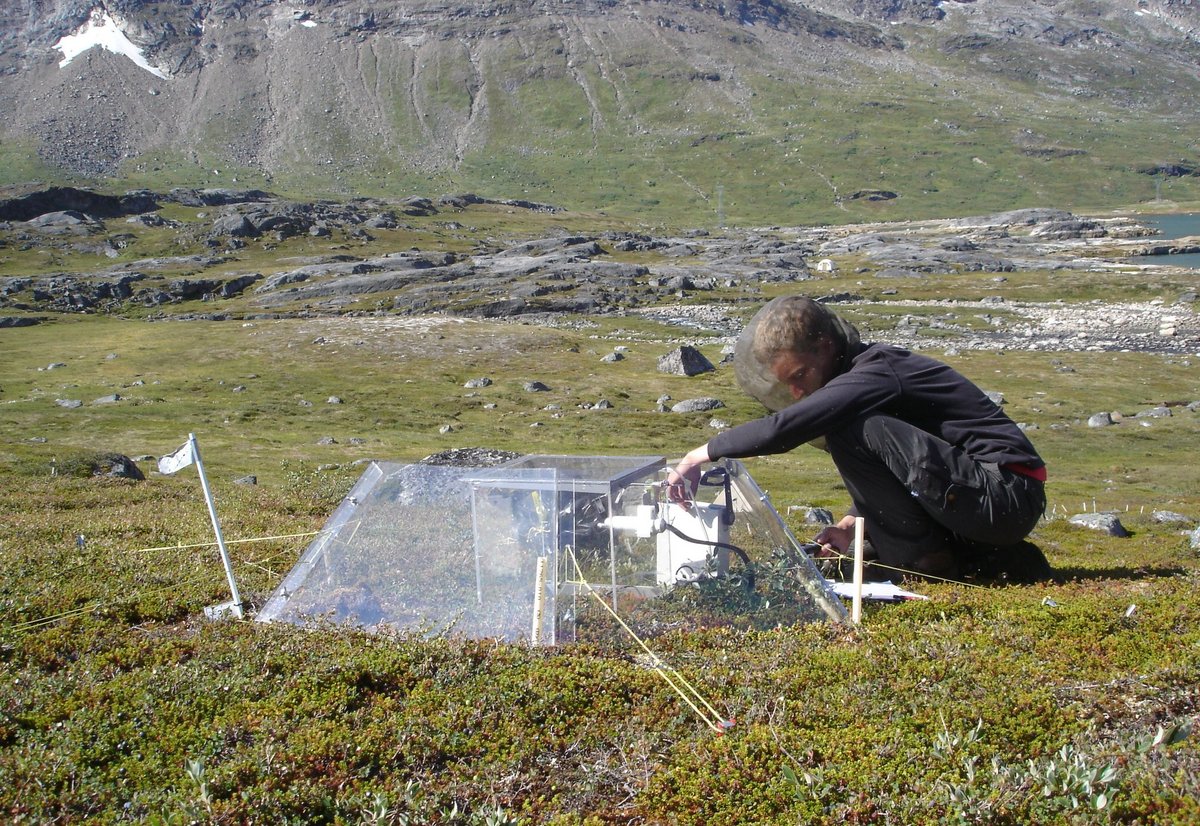
Who are we?
The BioLand Hub represents a highly diverse group of researchers framing the scope of interdisciplinarity. You will find researchers within the field of Agroecology, Biodiversity, Robotics, drones and other technologies, Landscape ecology and AES, Microbiology, Sociology, Political Science, Economics and Anthropology. We are based at: Aarhus University, Copenhagen University Aalborg University, University of Southern Denmark, and Roskilde University.
We aim to build a strong scientific network that can open doors for fruitful collaborations and novel consortia. We will investigate future calls, join in consortia across, interact in workshops, offer site visits, and even exploit the opportunity of developing a new living lab - maybe even a living community - with the opportunity to create real time workshop for supply of ideas and needs - maybe even for the researchers to engage in, investigate and supply research based and data driven solutions for - benefitting from the diversity of expertises in the Hub.
Academic coordinators
Ulrik Pagh Schultz Lundquist
The Maersk Mc-Kinney Moller Institute
University of Southern Denmark
Phone: +45 65 50 35 70
Email: ups@mmmi.sdu.dk
Sevasti Chatzopoulou
Department of Social Sciences and Business
Roskilde University
Phone: +45 46 74 21 80
Email: seva@ruc.dk
Stine Kramer Jacobsen
Department of Plant and Environmental Sciences
University of Copenhagen
Phone: +45 35 33 26 75
Email: stikra@plen.ku.dk
Administrative coordinators
